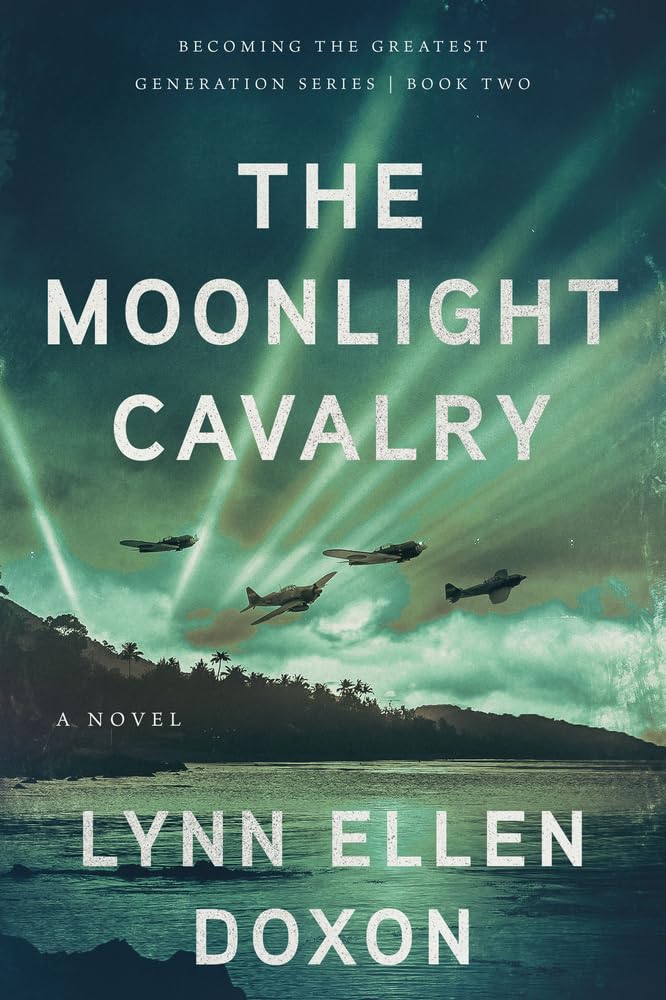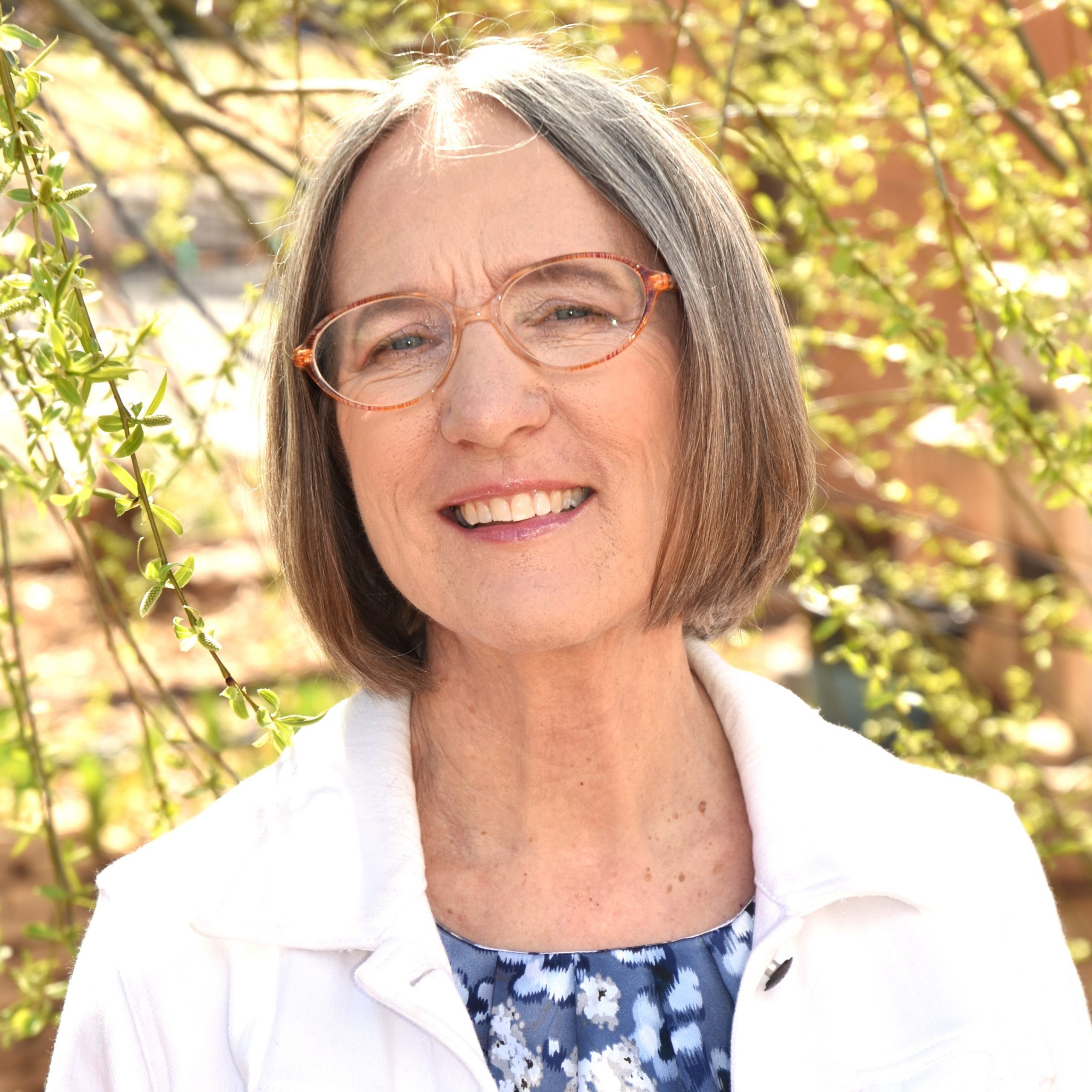Ther second book in the series has arrived! Get your copy here.

Writing the Becoming the Greatest Generation Historic Fiction Series
A Historical Fiction series about WW2
My Interest in History
When I retired, I began studying my family history. I discovered hundreds of interesting stories as I worked my way back to Charlemagne. Charlemagne is an ancestor of almost everyone of European descent is descended because he had so many children and lived so long ago. However, not everyone can trace the lineage.
The fact that I could trace my ancestry to Charlegmange meant that at least some of my ancestors played prominent roles in European history. Many more, I’m sure, tilled the fields, cooked the meals, and did all the difficult tasks that kept society going but left scard=cely a tace in the written record.
Choosing to Write a Fiction Book About WW2
The written word has always been a magnet to me. Before I started school, I pestered my mother to help me sound out words. Whether it was reading the cereal box on the breakfast table or a beautifully written tale of people long gone, I loved words. By second grade, I started writing, and as a young girl, I read or wrote every chance I got.
Because I have always loved writing, I thought of starting with Charlemagne and writing a historical novel about every prominent person in my family’s past. Then I realized that I would not live that long.
So my next plan was to start at the other end and write historical fiction based on the lives of my more immediate ancestors, starting with my father. His experience in World War II is the basis of this series. He did not and would not have done everything that Eugene Sinclair does in this novel, but it follows his general path.
My Father’s family, just after he completed Officers Training School
World War II Historical Fiction
Europe or the Pacific?
As I began writing I realized that most of the WWII historical fiction novels were set in Europe, discussing the Holocaust, Nazi Germany, or life in one European city or another during the war. These novels explore themes of war, loss and survival and let us see into the lives of those who lived through the war.
My Dad was in the Southwest Pacific Theater, giving me the opportunity to write a different type of fiction book about WW2. Many of the same themes exist in this novel as in those set in Europe, along with some others created by the personalities of the theater commanders, the islands inhabited by diverse peoples, where huge numbers of foreign soldiers invaded and fought for territory that was not theirs, as well as the biggest killer of the war, tropical disease.
The policy was Europe first. This meant that those fighting in the Pacific were often short on supplies everything from food to ammunition to uniforms. They fought the Japanese, but also the jungle, malaria, jungle rot, and myriad other diseases to which t Americans and Australians had no immunity.
Intricate Storytelling
Lieutenant Eugene Sinclair is the Executive Officer of an antiaircraft searchlight battery. His friendliness and compassion make him an invaluable assistant to his Westpont-trained but somewhat insensitive commanding officer.
The battery doesn’t lose any men to combat injuries, but many, including officers, fall to disease, battle fatigue and even friendly fire. Lack of sleep, insufficient medication and oppressive heat take their toll on the men as they work mostly at night and try to sleep through the day. That they survive is a testament to the human spirit.
The story brings in the lives of Gene’s fiance, who joins the WACs to contribute to the war effort and is posted to a photo interpretation unit in England, as well as his ancestor, Major General Arthur St. Clair whom we meet through Sinclair’s malarial hallucinations.
At one point, Sinclair is called upon to accompany a group of rangers as they go behind enemy lines to free prisoners of war. This mission is based on a true story, but not one in which my Dad participated.
All of this is woven together into the epic story of a young Kansas schoolteacher who finds himself leading young men, many just like his students back home, who learn a new respect for people unlike themselves and experience that world in a way that makes possible a new world order. The first book, 90 Day Wonder, is about Sinclair’s road to becoming an officer. In the second book, Sinclair’s battalion joins the island-hopping campaign of the Pacific as an antiaircraft searchlight unit.
By the end of The Moonlight Cavalry, there are more searchlight batteries than needed, so Sinclair’s battery is sent off to train to be MPs. This is what really happened to my father’s battery, and Sinclair meets and develops a friendship with a Japanese officer and his fellow prisoners.
What Makes it a Historical Fiction Novel
Not a Biography
A recent development in writing is to write creative nonfiction. Technically, this means a factual account written in a literary style, but some recent writers have interpreted it as nonfiction, with some events exaggerated or embellished with elements that are not actually true. They argue that all biographies contain elements that are not actual events due to the limitations of human memory. While it is common not to use real names for some people in biography, the events described should actually have happened.
Like many of his generation, my Dad told me very little of his experience in the war. I knew that he was once behind enemy lines, became stranded on an island with nothing to eat except progressively spoiling tuna (he never ate tuna again), and once got a jeep hopelessly stuck in a rice paddy, probably with a high-ranking officer on board, but the rest was a mystery. These stories are embellished in the novel series.
However, he spent more of the war being trained and training his men than he spent in the Pacific. In order to write a novel about the Pacifc Theater I had to take him there, and take him to more islands than he was on in real life. I had to borrow upon the experiences of other officers to make interesting characters and an interesting tale. That is why it is called fiction. Much of it didn’t really happen, but it could have.
The Craft of Writing
What I learned in the course of writing this novel, after having written many forms of non-fiction from memoir to a doctoral thesis, was that fiction is harder, particularly a historical fiction novel. It is much more than just getting words on the page.
The historical events have to be accurate, but the characters and details are made up. In much of my previous writing, the goal was to tell people the truth, the facts, in a way they could understand. The best novels enable the reader to experience the story for themselves and feel that they are part of it.
Whether I have achieved that is up to readers to say. I have, at least, told the story of a part of World War II that is underrepresented in novels set in the period in a way that I hope will hold your attention.
The Book Thief of the Series,
Authors report that in so many books, one character, who was supposed to be a minor character, takes over the story. That happened in this series with Sarah Gale. He meets her while he is at the newly formed ninety-day officer training school, where she works in the laundry. A lively redhead, she turns the eyes of all the soldiers, but she chooses Gene.
She becomes his fiance when they are reunited in Florida after joining the WACS to contribute to the war effort. Then, she is posted to England, where her letters to Gene suggest things she cannot tell him as she works in the Allied photo interpretation center.
Sarah Gale grows through the series from a young woman who grew up int he backwoods of North Carolina in a household of five brothers, her grandmother and her parents to a WAC officer who leads a photo reconnaissance unit in China and is wise in the way of spies. She undergoes more changes through the series than Gene, and we have yet to find out what that means for their relationship.
Agter Ninety DAy Wonder was published I discovered that she was the favorite character of many readers. Moonlight Cavalry in which the reader keeps up with her through her letters, was completed by then. Her story will feature strongly in the third book, Keep an eye out for the publication date, which may not be until 2026.
Historical Significance of WW2 Fiction
My generation grew up hearing stories of WWII. Even if we didn’t know the specific experiences of our family members or friends, we knew of the death toll, the fear the young men felt for their lives and their leaders felt for the world, the hope that inspired unity among citizens and the heroism those frightened young men exhibited. By telling their stories, we can keep that history a;ive for future generations.
Our parents created the 1950s out of their experience of the World War. For those of us growing up in the white middle class, with friends and family all around us, it was an idyllic life. We grew up innocent and protected, fighting to be at the top of the class or the best in sports or other skills, but not fighting for our lives.
Later many of us realized that it had not been that way for many others, and we created the 1960s. Those were two very different decades, but both were very much shaped by World War II. The first by our parents’ attempts to protect us and the second by our discovery of what had been swept under the rug. In fiction, we can explore this past, reveal the stories that shaped us, and come to terms with their effects.
What’s Next
As I work on the final book of this series, which will take us to an internment camp in the Phillipines, the occupation of Japan and even to the development of a close friendship between Sinclair and a Japanese officer, and tell the breathtaking story of Sarah Gale’s adventrues in Burma, I am considering what I will write next.
Will it be an action-packed spy mystery involving Sarah Gale, or will I return to my original path and write a novel about one of my ancestors from the Civil War time period, or General Arthur St. Clair of the Revolution? Or maybe his wife, a Boston socialite who followed him to the frontier of western Pennsylvania?
Whatever it is, I, like JK Rowling, plan to keep writing until I succeed or die.
